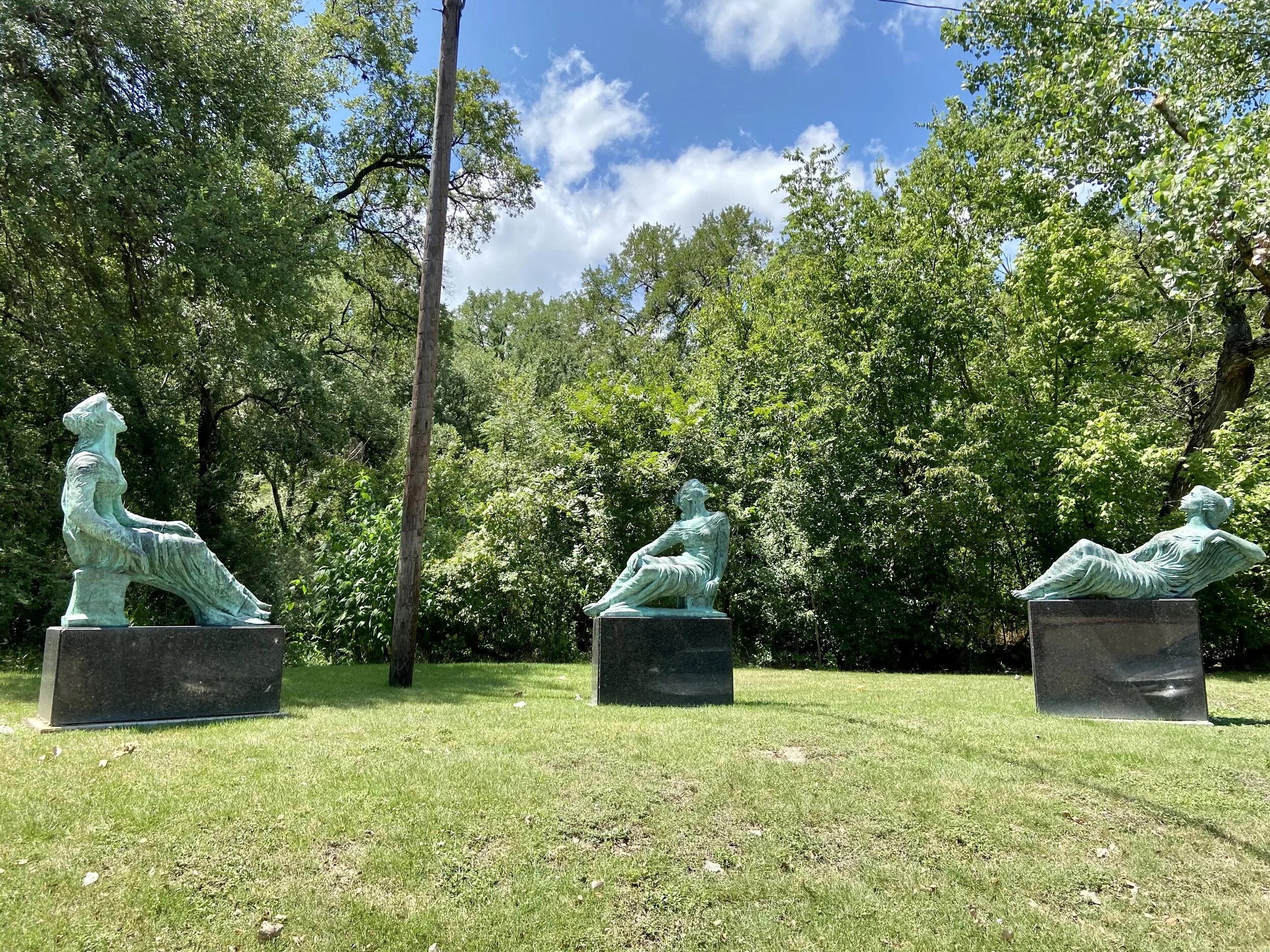The joys of writing, I sometimes think, can be distilled into two utterly sublime and transient moments. There’s that moment you first recognize that you have come upon something. You don’t know it’s complete shape or all that it will be yet, but there’s that glimpse of recognition and that soaring joy of possibility. This could be that thing: your next essay or novel or story or paragraph, and you will walk all the way to edge of the cliff, and off, in its wake. You might fall or fly, and in that moment, it hardly matters which. The other, smaller and deeper, is that other moment of recognition when something of promise or resonance, of beauty even, has appeared on the page. When you can lean back in your chair for those briefest of moments, and look upon the words on a screen the way you would the face of a sleeping child. And before, between and after those moments come the hours or months of striving, of uncertainty and self-doubt, all of those times when you ask yourself why you write, or even this: why did you think you could write? I’ve accepted, over the years, that this does not compute by logic or math. But if there’s pattern recognition in the mix—you can see that these are the highs that propel addicts of every stripe.
What seems unfair, though, is this: despite all of that striving, you cannot will those moments into being. They happen. When I was deep into writing The Alchemy of Secrets, a dear friend sent me this video. It resonated at the time— I could relate to the idea of being given a gift of vision, of story. All those moments of soaring promise happened outside of my control— all I had to do was allow my heart to lift with them, and write them into being. Or perhaps I only remember it that way in hindsight, when faced with the terrifying prospect of writing a new novel, of willing one into existence from nothing. I had naively assumed that writing the second would be easier— I have more familiarity with the mechanics and the inside workings of novels than when I began with the first, after all.
But the world, and I, have changed. The world burns around us and I have turned into a diffident, sorrow-avoiding consumer who leaves the room when news, or fiction, turns toward the disturbing. It feels as if something has shifted, perhaps forever. I set out to write a happy novel, and it is very different from my first. The old questions are still there, but new ones appear daily. When I wrote before, it was in secret—without expectations, my own or anyone else’s. I worry less now about finishing, and more about what will result when I am done. And all I have to lean upon is that innate sense of—for want of a better word— superstition, or faith, perhaps. Like this moment we came upon this trio of a sculptor’s muses, at the outdoor Umlauff sculpture museum in Austin. They reminded me of the things I had believed strongly in a more secure world, and when I was deep into my first novel. That all creative works are somehow a gift, perhaps of some benign genius that exists outside us. Or perhaps, as I am more inclined to think, they are the churnings of a separate subconscious. That the true reward of writing, and the reason we engage in this work, is for those moments of joy when that gift of inspiration arrives or is rendered, finally, into being. Whatever else happens or fails to happen, those joys are ours to keep.
So I give these trio of muses to you, gentle reader, with that sense of liberation that I felt when I first came upon them. And whatever it is that occupies your hours and days of striving—may your muses stay close, and visit often.


